Joseph Gakpo believes the future of his native Ghana lies in its agricultural advancement. Steady, focused and mission-minded, he’s carving his path at NC State University while pursuing advanced agricultural education and genetic engineering degrees from the College of Agriculture and Life Sciences.
With a background in journalism and a passion for agricultural development, Gakpo leverages his knowledge and experience to make a difference in Ghana and the international community.
Joseph Gakpo holds a bachelor’s degree in agricultural biotechnology from Kwame Nkrumah University of Science and Technology and a master’s in communication studies from the University of Ghana. In 2020, he received the International Federation of Agricultural Journalists/ALLTECH International Award for Leadership in Agricultural Journalism.
After arriving at NC State in 2021, he earned a master’s in liberal studies with a concentration in agriculture and communication. A 2022 University Graduate Fellow, Gakpo is currently pursuing a doctoral degree in agricultural education with a minor in genetic engineering and society.
We caught up with Gakpo to learn about his journey from journalism into agriculture.
How has your journalistic work impacted Ghanaian communities?
I traveled through rural Ghanaian communities and reported on agricultural production challenges and rural underdevelopment. Some communities struggle to obtain potable water, harness electricity and build sound educational infrastructure. I also write about how climate change and pest infestation affect agriculture to motivate national leaders to address these challenges.
I reported on Nyitavuta in the Volta Region, which had no clean water, electricity, sanitation or road infrastructure. An American philanthropist responded by providing solar lamps and panels, and another good Samaritan installed a borehole for clean water. In an Oti Region community, students studied in deplorable conditions. Several Ghanaians in the U.S. got involved by building classroom blocks.
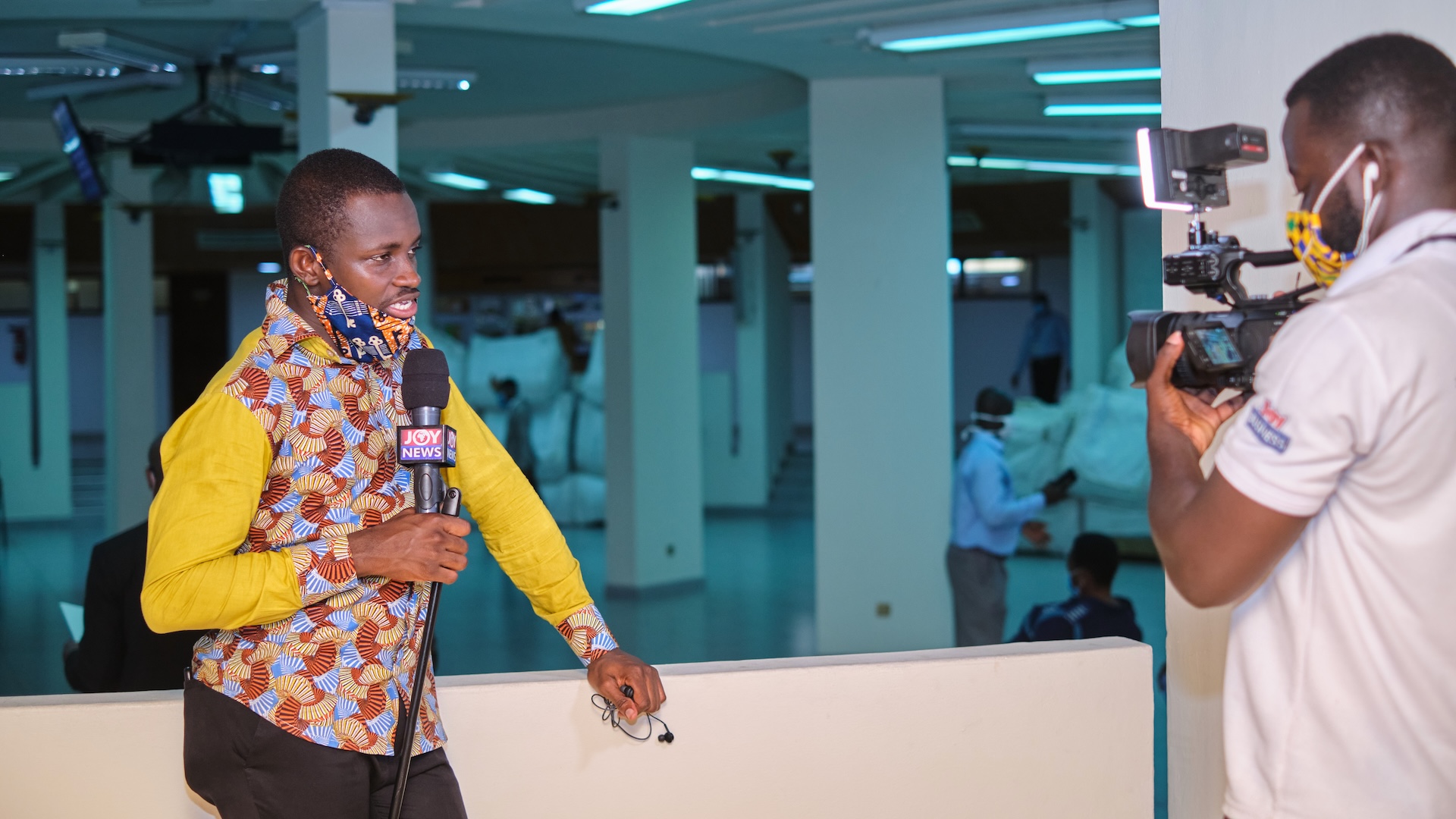
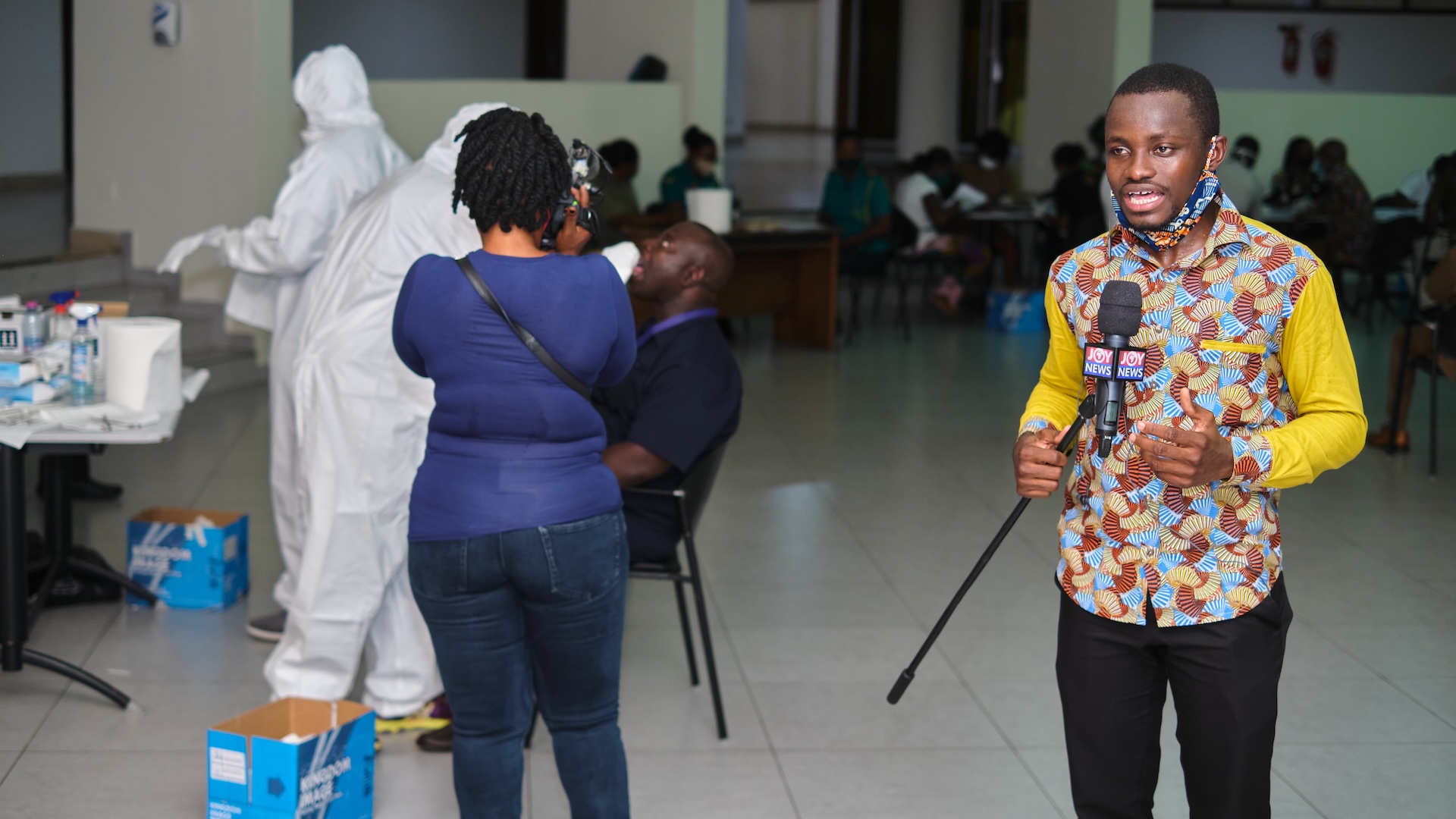
Why did you form the Opoku Gakpo Foundation?
In 2018, I won the MTN Heroes of Change Award, honoring individuals who improve lives in Ghanaian communities. I used the monetary award to form the Opoku Gakpo Foundation, which enhances educational activities in rural Ghana. The foundation and its supporters provide rural students with educational supplies like books, school bags, uniforms and other necessities. It’s a small foundation, but I hope it will grow.
Why did you choose NC State to further your agricultural education?
I’m a journalist who covers agriculture in Ghana. I came to CALS to deepen my knowledge and gain skills in agriculture. I will return to Ghana to use my education to enhance the country’s agricultural sector by helping strengthen the delivery of extension services to farmers.
A one-hectare cornfield in Ghana produces 1.5 tons on average, while a similar field in the U.S. yields 11 tons. This margin underscores the need for transforming Africa’s agricultural sector. I want to use the skills I learn at NC State to play a role in that transformation.
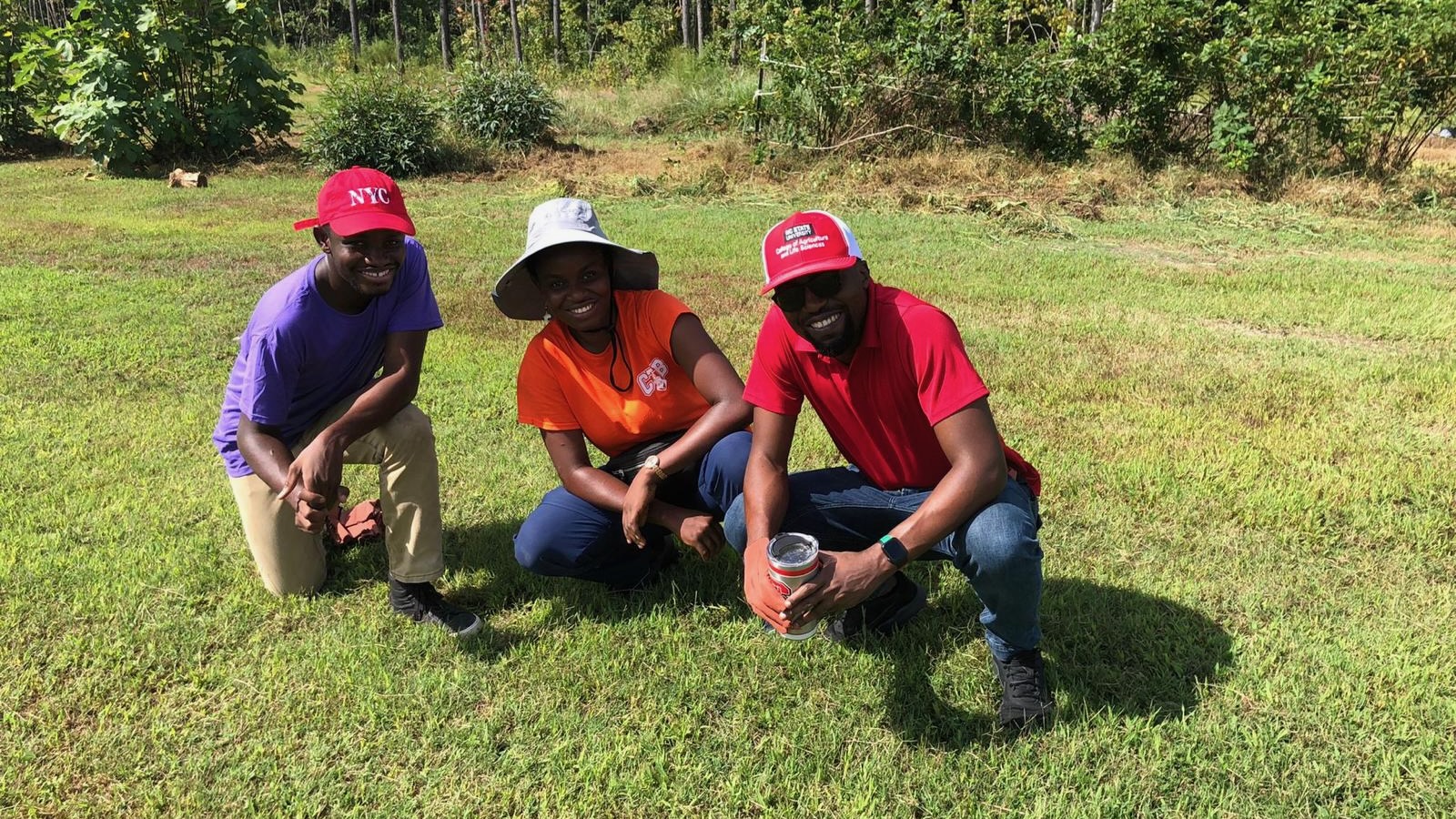
Describe your research around building trust in GMO technology among Ghanaian farmers.
I’m interested in agricultural biotechnologies, including GMOs and gene-edited crops. Assistant Professor Katherine McKee and I presented a paper on GMOs, a work in progress, at the 2024 Association for International Agricultural Extension Education conference in Orlando, Florida.
The paper explores how Ghanaian scientists cultivated farmers’ trust in northern Ghana, encouraging them to try GMO seeds despite the controversial technology. The forthcoming paper explores facilitators of trust, which are vital to deploying agricultural technologies. We will recommend what stakeholders can do differently to build trust in food systems.
What did you present at the Sustainable AgriFood Technology Summit in May 2024 at NC State?
My work with Assistant Professor Katie Sanders involves understanding North Carolina consumers’ perceptions of CRISPR technology. The study revealed that many consumers seeking CRISPR information favored logical analysis and data examination. We recommend that researchers develop communication materials rich in facts and data to help North Carolina consumers make informed choices.
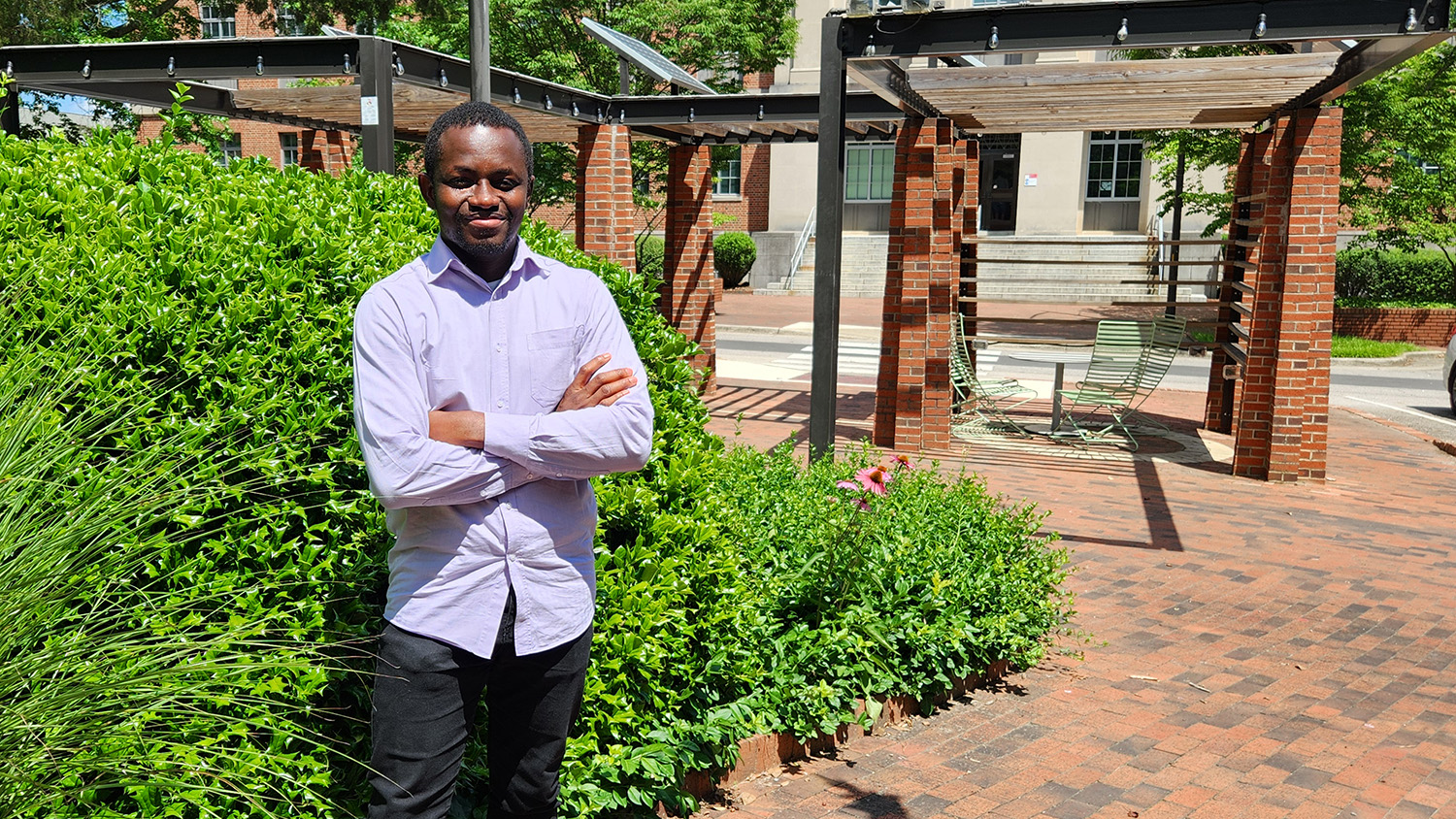
How would you characterize your experience at NC State?
NC State has a strong international approach to “Think and Do.” I’ve collaborated with international colleagues and professors in my department. I attended NC State to understand how the U.S. advances agricultural practice and technology.
I’m grateful for opportunities to learn from professors Katherine McKee, Katie Sanders, John Dole, Fred Gould, Nora Haenn and AgBioFEWS Program Coordinator Dawn Rodriguez-Ward from the Genetic Engineering and Society Center. These faculty members have mentored me, and I’ve improved significantly during my studies.
- Categories:
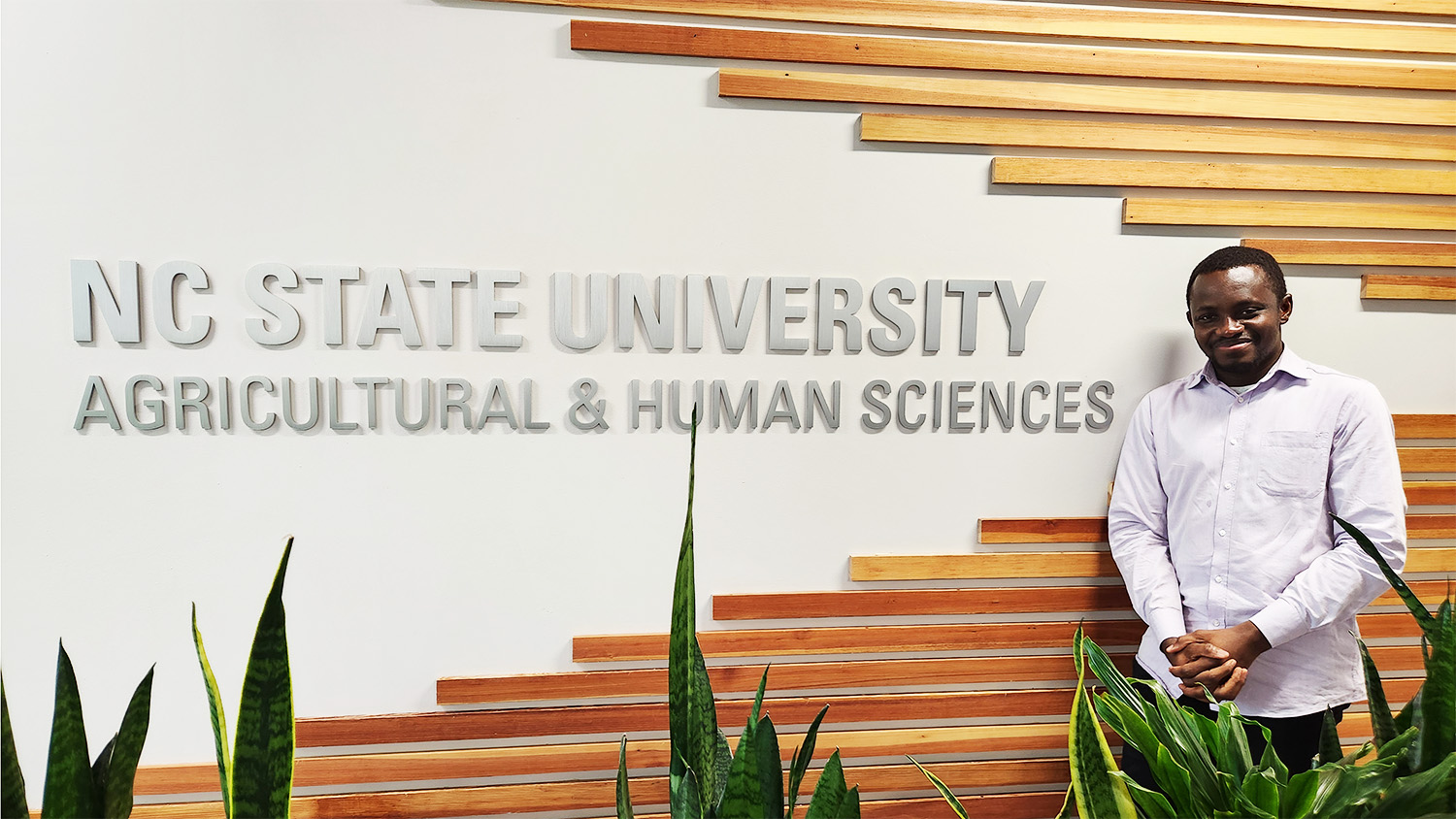
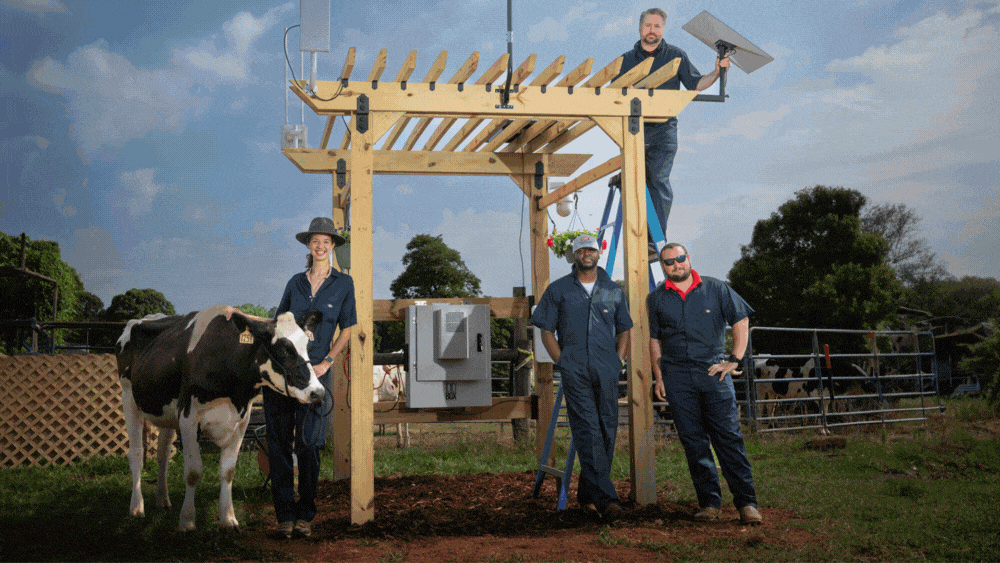
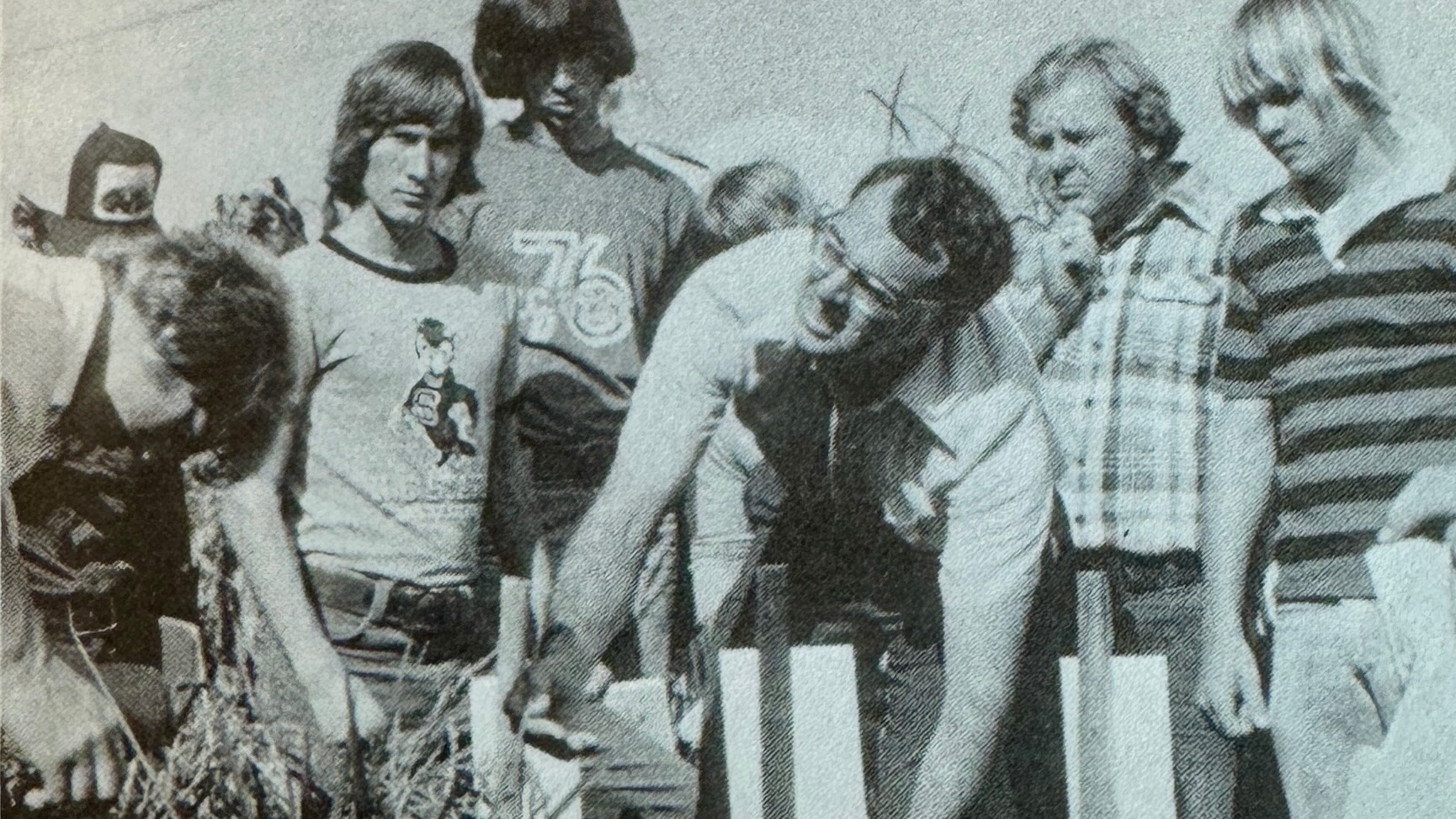
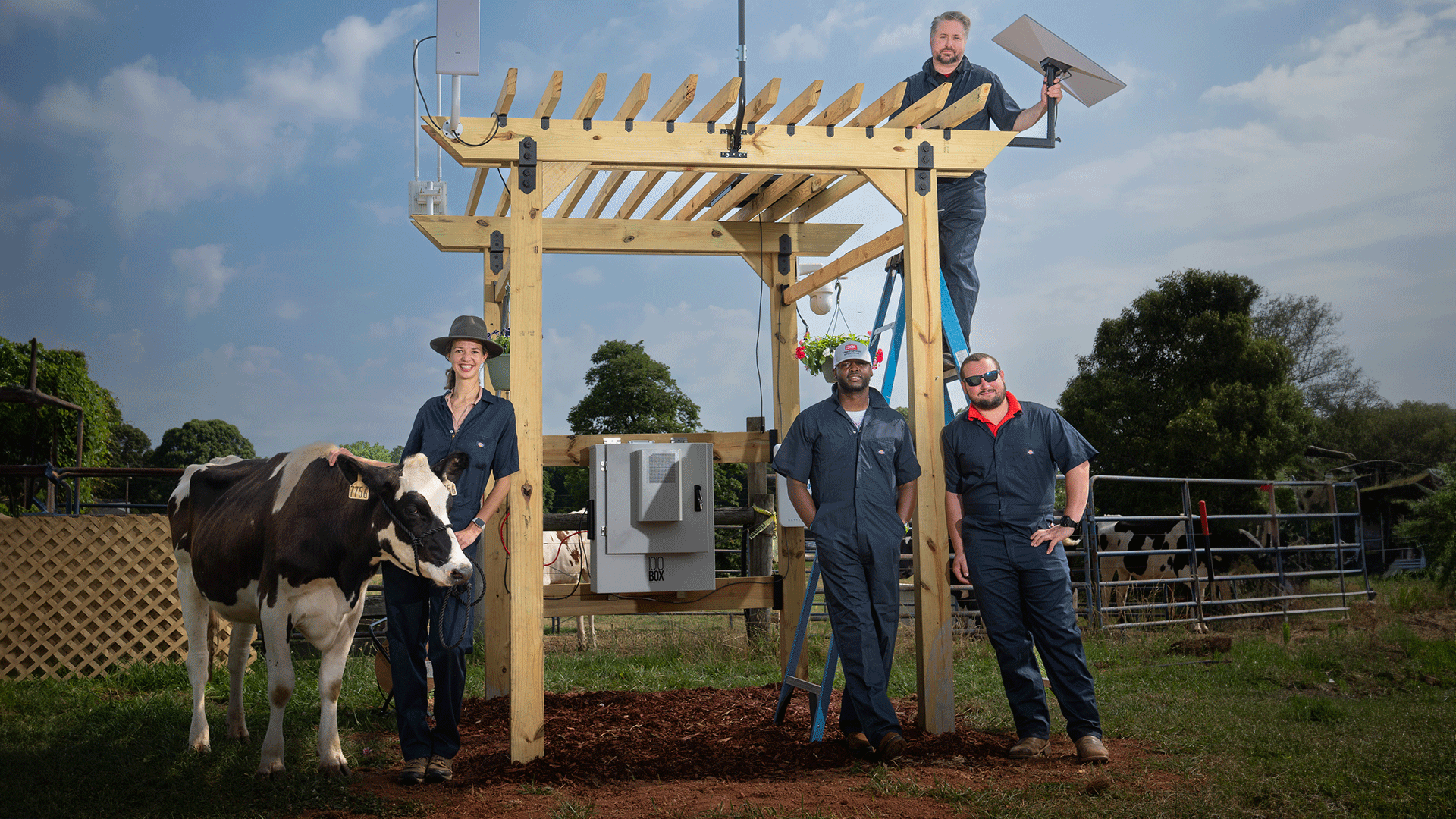
Great work, Gapko.Proud to see this.